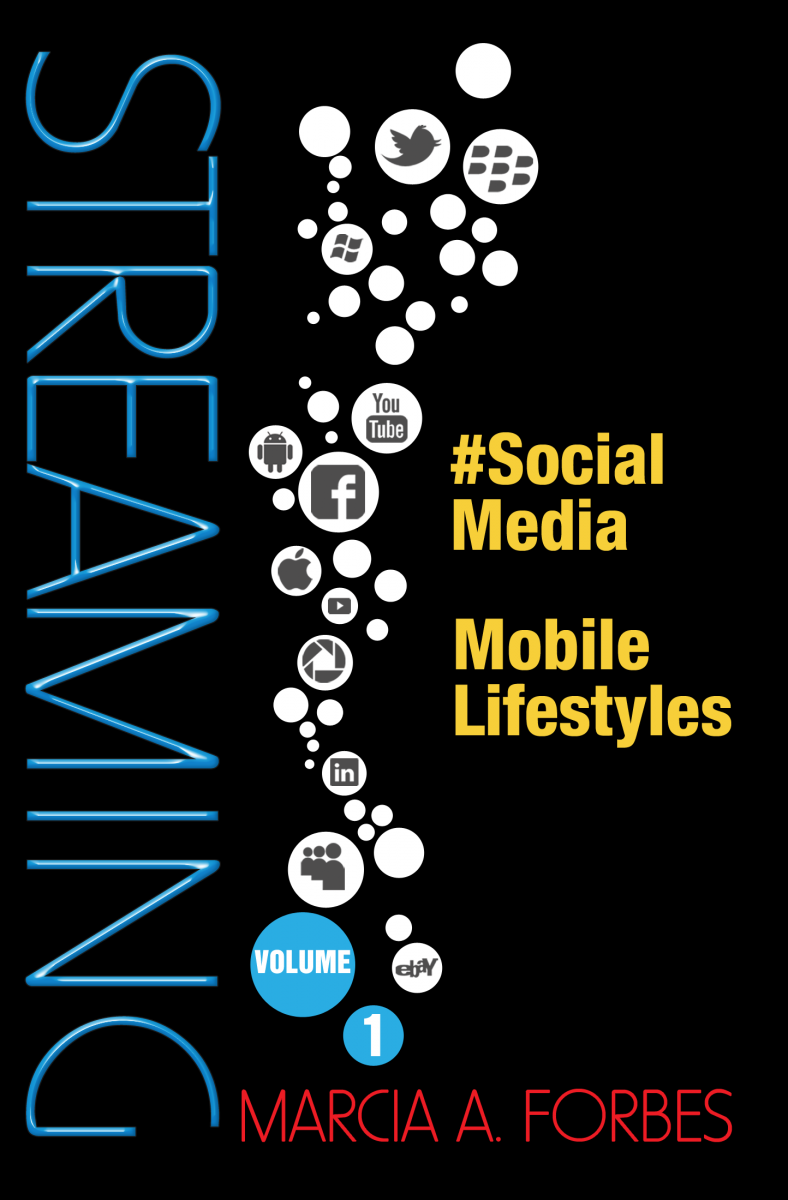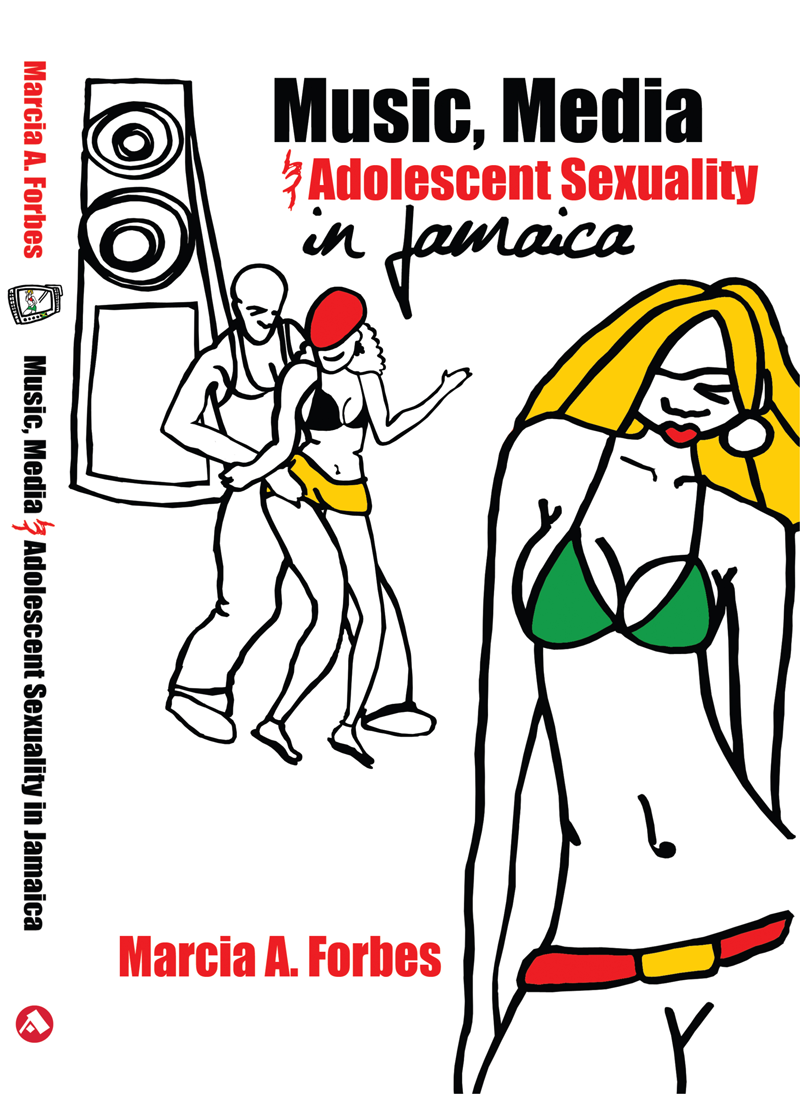Jamaican Diaspora, Social Media & Strengthening Ties that Bind
Jamaican Diaspora, Social Media & Strengthening Ties that Bind
Excerpts from Keynote Address to the August 2011 Jamaica Independence Ball hosted in Atlanta by the Atlanta Jamaica Association & the Union of Jamaican Associations.
Fully aware of the power of the Diaspora and the power of new media, I frame my presentation within the context of Jamaican Diaspora, Social Media & Strengthening the Ties that Bind.
Demands on Diaspora
In preparing to celebrate with you today I started paying even closer attention to issues and arguments concerning my fellow Jamaicans who risk the rough and tumble of foreign to live abroad. So, during the month of June I kept notes of references to the Diaspora. The month kicked off with the Prime Minister talking about the value of Jamaicans abroad, not just because of your annual two billion dollars’ worth of remittances (by the way that’s Jamaican dollars, still it’s a lot of money even at almost $86 Jamaican to one US dollar). Importantly, the Prime Minister emphasized your commitment to the homeland. The JIS article which reported his speech was titled, “Diaspora Key to Moving Jamaica Forward”.
Not to be outdone, since 60% of Jamaica’s would like to see us continue as British subjects, the Governor General also sought support from you all. The Observer reported that Sir Patrick Allen regards the Diaspora as “an important partner in forming alliances and expanding networks to attract investments and influence decisions at all levels of the international community”. Sir Patrick wants Diasporic support for his ‘I Believe Initiative’ which he plans to use to help to inspire hope in Jamaica.
Well, if anyone thought the Minister of Finance would be left out, no sir!! He called on the Diaspora to help Jamaica to grow its way out of debt. Members of the Diaspora were to “take that leap of faith to have confidence in the future of your country” and to facilitate “inward migration of capital of all kinds – skills, technology and of course money”. Ooh yes, everybody wants a piece of you. Yet how many will acknowledge the sweat and tears you shed in this land away from your homeland. And because you continue to ban you belly to help those left in Jamaica, and because you continue to send the remittances, we continue to believe ‘aah nuh nutten’ because you have it!!
USA gets Caribbean’s Youth Vote
If we follow the survey findings, many of our youth want to leave and not return any time soon. 82% of street youth in Jamaica feel they’d be better off in the USA. That’s understandable because life on the streets of Jamaica is tough. However, close to 60% of those who live at home also feel that they’d be better off in the USA. I daresay, though, that this is not peculiar to Jamaica since the 2010 Caricom Youth Report highlighted many across the Caribbean region echoing similar sentiments.
Value of the Diaspora
While I acknowledge that all of us left back in Jamaica want a piece of our Diaspora and most times it comes with a dollar tag, it is true that the value of a country’s Diaspora goes far beyond remittances. Even if, like Jamaica, those remittances comprise the country’s top foreign exchange earner!! A 2011 World Bank study places Jamaica second in the WORLD for brain drain. A Canadian International Development Agency (CIDA) report, from as far back as 2007 noted that almost 80% of our graduates emigrate. Although the verdict is still out as to whether Jamaica’s brain drain has caused irreparable damage to our country, what is inarguable is that many in the Diaspora are Jamaica’s brightest and best. About one million Jamaicans are said to be in the Diaspora. I believe it’s much more than that.
Relevant and timely statistical data about our Diaspora have always been hard to come by, but it’s very likely that the majority are over 30 years of age and many do not embrace social media. Given the growing embeddedness of social networks and their increasing stickiness, meaning some are quite addictive, this phenomenon is not going away but becoming more and more integrated in our lives. Facebook is now at about three quarter billion accounts (that’s B for Billion) worldwide. While Facebook may have fallen off in the USA over the past couple months, India, Brazil and Indonesia more than make up for that and overall Facebook continues to grow.
With broadband access being rolled out across Jamaican schools and Government institutions, take-up of Facebook in Jamaica will grow exponentially, well beyond the present over 600,000. How then can we marry our Diaspora to social media to strengthen our ties of homeland? There are some success stories. The Jamaica Tourist Board is one.
Coming back to the power and value of Diaspora, even the USA has recognized this. Hillary Clinton hosted the first ever global Diaspora forum in Washington DC this May, under the banner of the International diaspora Engagement Alliance (IdEA). The goals for IdEA are to:
- Recognize and celebrate the contribution of Diaspora communities to America’s relationship with their countries of origin or ancestry;
- Foster Diaspora-centric partnership models;
- Encourage intra-Diaspora collaboration and learning.
IdEA is a platform for public-private partnerships designed to engage diaspora communities, the private sector, and public institutions in a collaborative process. The goal is to support the development of diaspora-centered partnerships that promote trade and investment, volunteerism, philanthropy, diplomacy, entrepreneurship, and innovation in countries of origin.
We need to focus our energies on productively engaging the Jamaican Diaspora. Social networks can go a far way in helping with this. Your virtual friend can become your actual friend. I’ve learnt this via twitter as close bonds are formed with my Jamaican overseas tweeps.
Nationalism via Twitter
Stephen Walt of Harvard’s, Kennedy School of Government, proclaimed in this July’s Foreign Policy Magazine, “Nationalism is the most powerful political force in the world and ignoring it will come at a price.” Walt talks about the gradual renationalization of European foreign policy. I’ve been watching this nationalism at work via Twitter. I notice how young Jamaicans living abroad fight to hold on to their homeland.
Twitter offers real time conversations and a wealth of information from a sub-set of Jamaicans who are usually articulate, educated and intelligent. The more connected you are to Jamaica beyond the remittances, the more you’ll truly understand on the ground happenings there. The better you’ll be to decide if or where to invest or spend your money in Jamaica.
My second book is based on how youth are using new media such as the internet and cell phones. I’m currently engaged in what is referred to as digital ethnography or virtual ethnography. What are our youth doing online? How are they using the new technologies available via the internet and cell phones? What do they make of mobile lifestyle where you can work or play on the go via your mobile device? Instead of living in an actual community like Portmore or Norbrook and studying how the young people in these communities are using these technologies, I ‘live’ on Twitter and engage in participant observation.
For many reasons I didn’t like Facebook for my research work. I find the constant pokes and requests to play various and sundry games annoying. Not to mention that every time I get on Facebook someone I don’t know wants to say ‘hi’. And it’s usually just that, ‘hi’ ‘how is your day?’ ‘OK, bye’. My responses -- ‘hello’, ‘my day is going well’, ‘bye’. What kind of conversation is that? Although I find it hard to keep up a conversation on Facebook with people who just always want to say, ‘Hi’, I also realize that many of them are young people who are reaching out, so I try to respond.
However, don’t be fooled into thinking people only say, ‘Hi’ on Facebook. Many are paying close attention. Whenever I go out people I’d least expect it from will tell me what I said on Twitter or Facebook. I continue to be constantly amazed by the level of attention so many persons pay to my social media conversations. Based on my Klout score, a means of measuring online influence, I’m now in the category of broadcaster on Twitter – a one woman broadcaster, fancy that!
Even with low household internet penetration levels Jamaican youths find a way to get on Facebook. As one inner city teenager told me, “If you not on Facebook, is like you don’t exist.” Compared to early last year, the number of Jamaicans on Facebook has doubled. Teenagers without computer or home internet access join up through their schools, their friends, their phones. They are on Facebook by any means necessary.
Hundreds of thousands of Jamaicans at home and in the Diaspora are on Twitter, Facebook and LinkedIn. My call to action is for you to take just one simple act -- Leverage your participation in social networks to foster greater links with Jamaicans at home. Go beyond friends and family to talk with others, including organizations. See how and where you can make your contribution to your homeland without undue exposure or stress to you.


